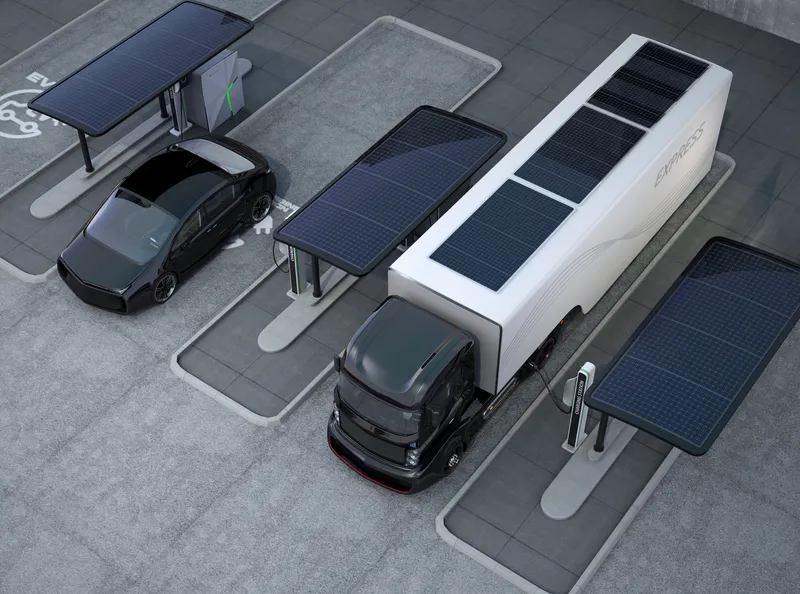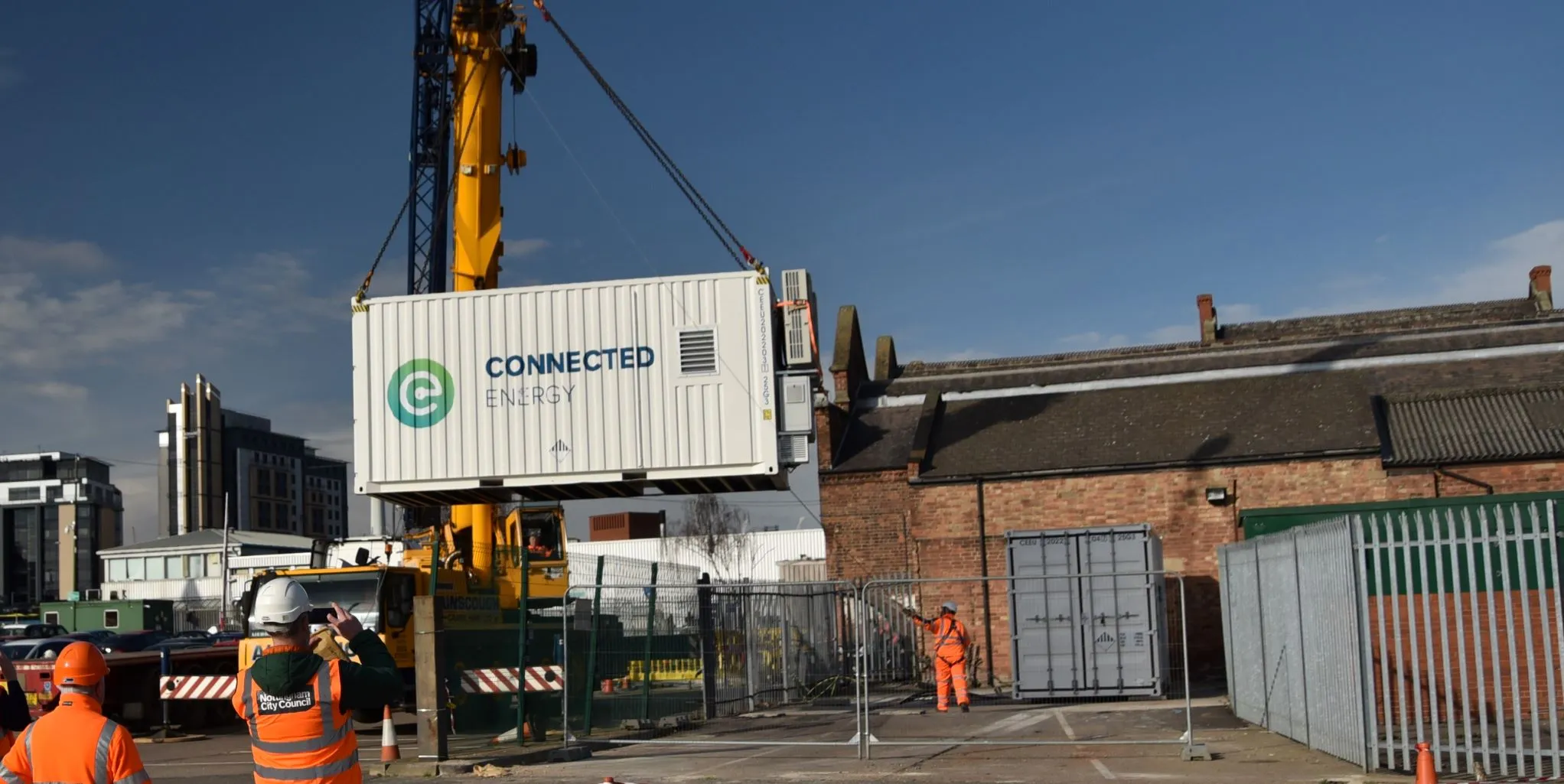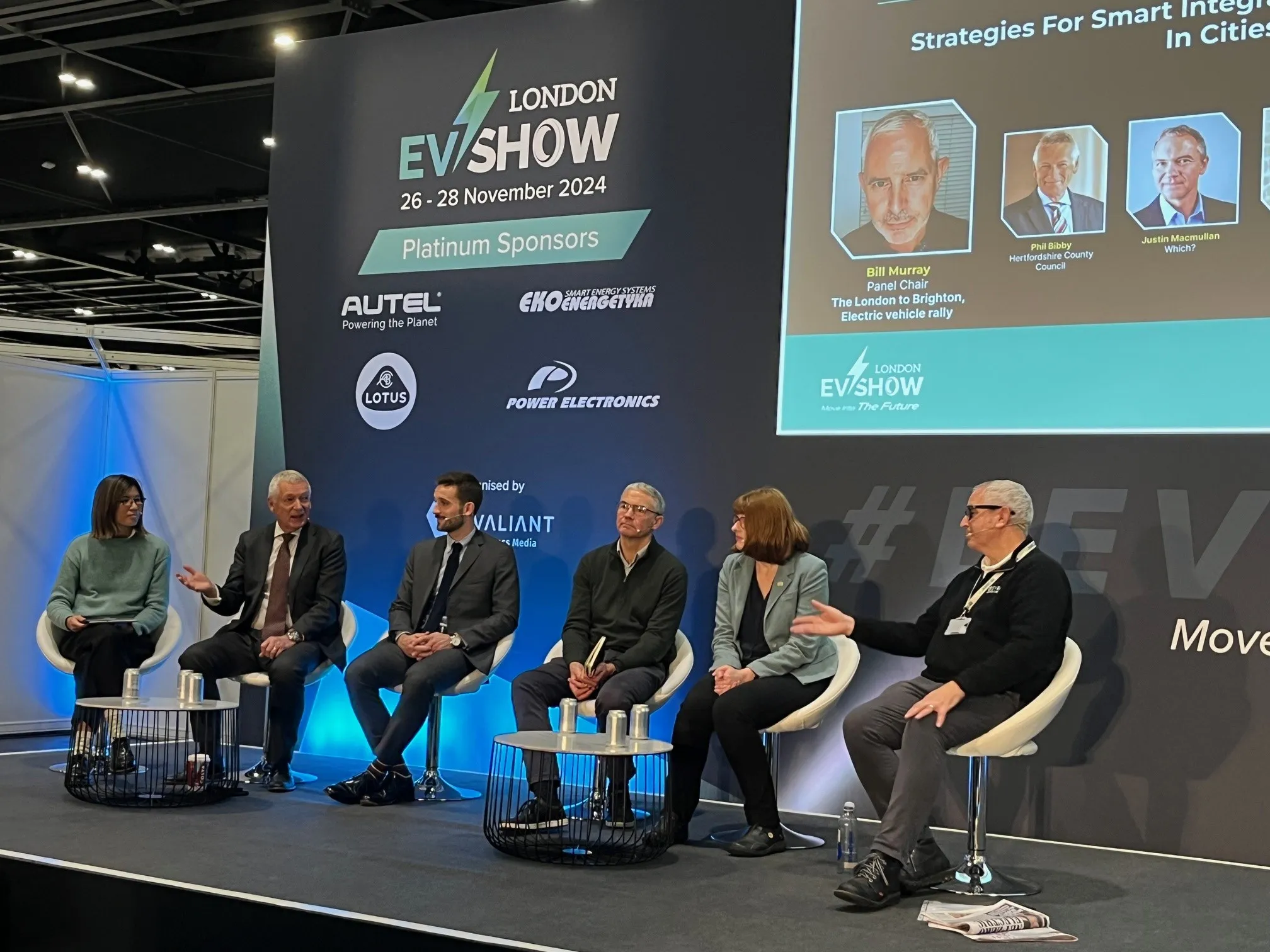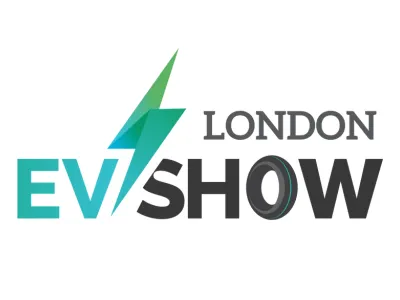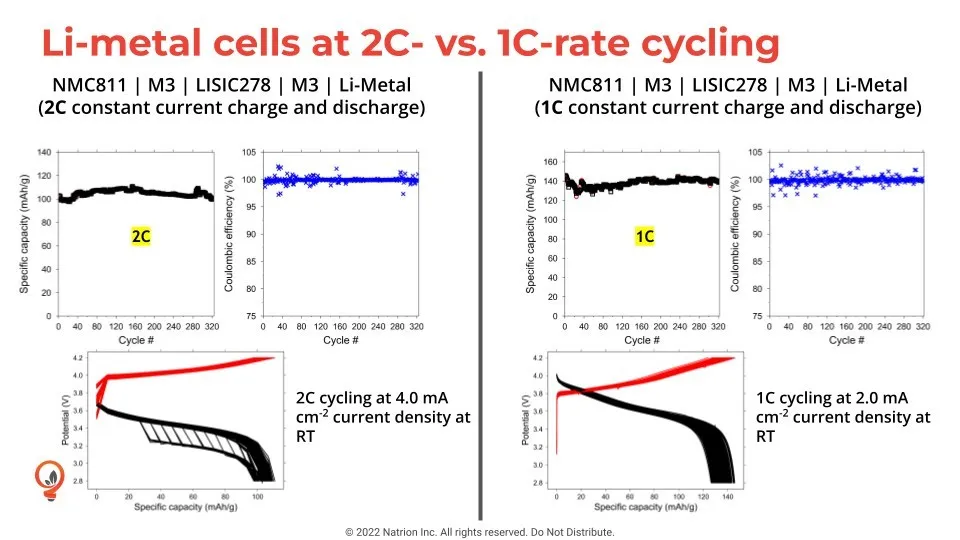
The company says the results showed a dramatic milestone in commercial solid-state Li-metal battery feasibility by demonstrating high C-rate capability and cycle life without the use of stack pressure. This data, which Natrion says is a major advancement for the company, adds to the body of research around the viability of solid-state batteries (SSBs) for use in EVs.
Previously, Natrion published data showing its proprietary material, LISIC278, delivering superior performance in standard pouch cells using graphite anodes. In this further round of testing, Natrion created new coin cells and pouch cells using a LISIC278 solid-state electrolyte separator and a lithium-metal anode composed of 5-micrometer-thick lithium-coated copper foil. The company also added its newest product, a solid electrolyte interphase (SEI)-forming wetting agent called M3 that stabilises the Li-metal, suppresses dendrites, and facilitates cycling at high coulombic efficiency without the need for external stack pressure on the cell.
Natrion says these tests showed there is near-zero fire risk along with 50%+ greater energy density vs state-of-the-art graphite anode due to improved volumetric and gravimetric efficiency (reduced total cell stack thickness). The tests also demonstrated high cycle life and C-rate capability: 320 cycles demonstrated at 2C (30 min charge time) and 100% depth-of-discharge with 98% retention. The tests also revealed 420 to 450 miles of potential range on a single charge in an EV application, for a total of 145,000+ driving miles without loss of performance and viability to deliver these metrics without the use of stack pressure due to M3.
According to Natrion, its data may be the first and only known instance of a high cycle life and high C-rate with zero additional stack pressure. It is not known whether any other entity has been previously able to prove these conditions until now; while others in the industry have also demonstrated high cyclability, they have achieved this with either a much longer charge time or the use of significant external pressure.
Having achieved these outcomes without requiring stack pressure on the cell is ground-breaking. Applying stack pressure requires the integration of an external device, so any energy density gained from cell chemistry is practically erased. Applying pressure to an individual battery cell may be possible in testing but is highly difficult to engineer into a battery pack. Natrion's solution is perhaps the first commercial example of a viable solution for EV applications.
"These metrics prove that Natrion's LISIC and M3 electrolyte solutions can lead to the advent of high energy density Li-metal cells that are highly scalable and can be very readily produced at high volume," said Alex Kosyakov, Natrion cofounder and CEO. "The benefit of LISIC over other electrolyte solutions is that we can still use roll-to-roll high-throughput manufacturing processes and established cell construction techniques. This, combined with a lack of need for stack pressure to accomplish high performance, makes us believe that we have a real opportunity to be the ones to finally deliver Li-metal cell technology to mass market EVs."


